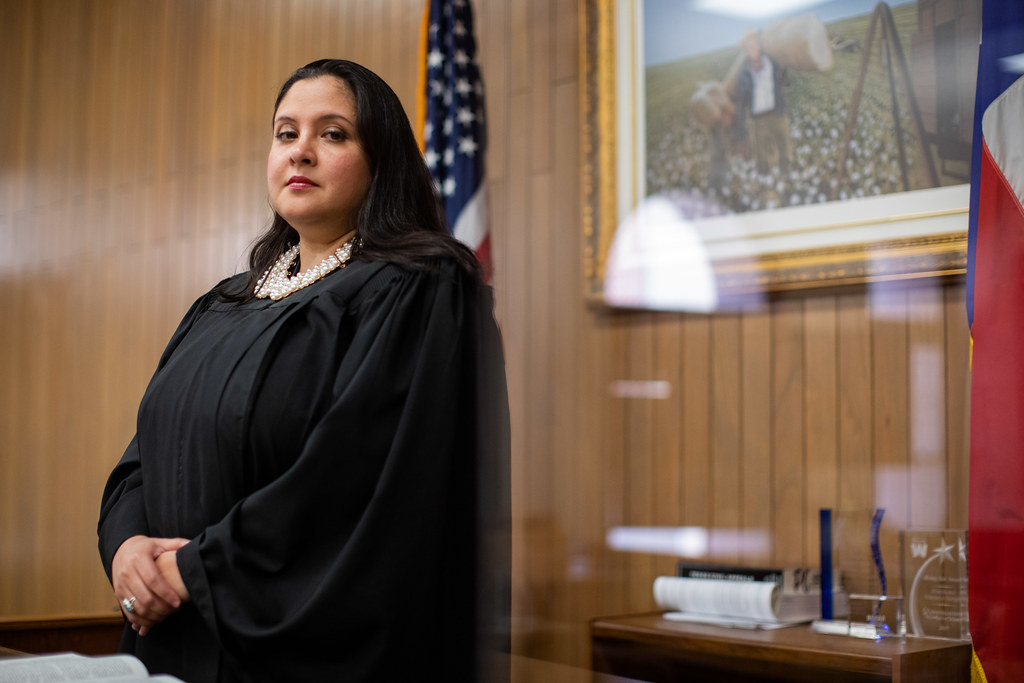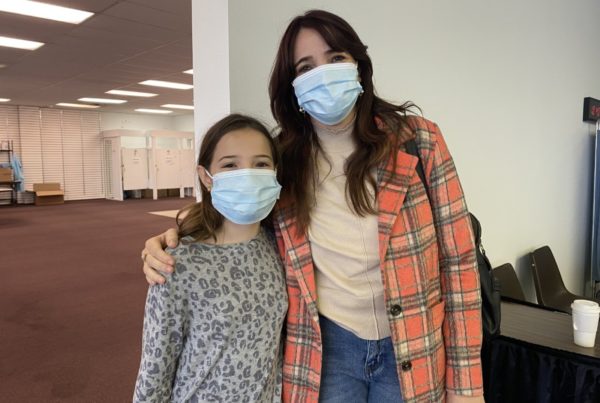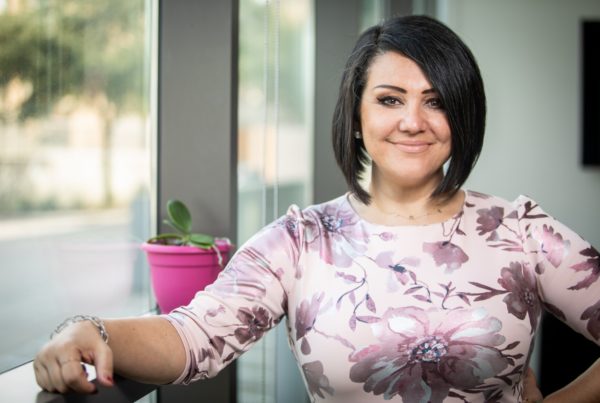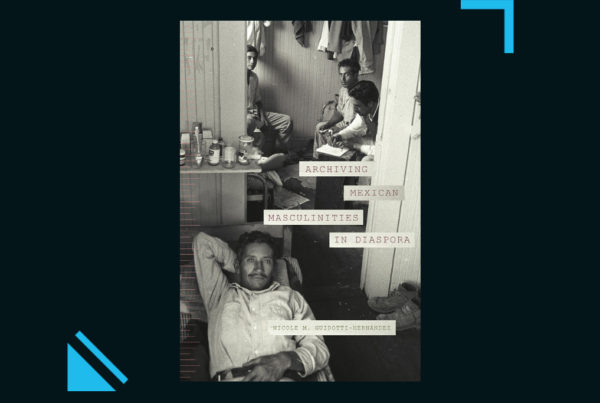With age comes certain vulnerabilities, and those vulnerabilities can heighten a person’s risk of getting hurt.
Sandy Sullivan, a former financial crimes investigator from San Antonio, says she saw people get hurt all the time – physically, emotionally, financially – during her 30 years on the job. And it troubled her.
“It shouldn’t hurt for an older person to get older,” Sullivan said.
One of the cases she solved had to do with a family of three – an elderly woman with dementia, her son who was in prison and the son’s wife. The daughter-in-law took her mother-in-law to get a home equity loan so that she – the-daughter-in- law – could go back to school, and to help get her husband out of prison.
It was a clever plan that could’ve easily gone undetected. But Sullivan worked for a Texas-based bank and knew her customers well. She noticed the loan, and it seemed out of place. Sullivan reported it to Texas Adult Protective Services, or APS, and did some digging around. Then, instead of giving the young woman access to the money, she made sure it was accessible only to her elderly client.
“She was in a nursing facility for the next six to seven years after that happened, and we continued to pay the facility for her care there,” Sullivan said.
Last year, APS verified more than 52,000 cases of abuse, neglect and exploitation of adults over 65 and adults living with a disability. Just like Sullivan’s efforts with her elderly client, the agency’s mission is to try to intervene before a vulnerable adult gets hurt. But sometimes it’s too late, and the agency’s job becomes escalation in pursuit of prosecution.
Sometimes financial crimes against older Texans start with romantic overtures from someone who’s real intent is to go after their money. JoAnne Woodruff, a former Bexar County district attorney prosecutor, says many elderly people are vulnerable to this because they tend to spend more time alone, especially during the pandemic.
“Very few women fell for, you know, like, a younger guy. But the men, bless their hearts, you know? When their wives died, they were just like lost, lost, lost, and very easy pickings for the youngsters to come along,” she said.
APS learns about these cases from people in the community who report them. In Texas, everyone is required to report elder abuse – it’s the law. And Bexar County probate Judge Veronica Vasquez tries to remind everyone about that.
“There’s no exception for clergy members; there’s no exception for attorneys. If you hear that someone is being exploited, you need to report that,” she said.
You don’t have to prove anything to make a claim; APS will investigate. And if they find evidence of abuse, neglect or exploitation, the agency can report it to the police. After that, depending on the type of injury or crime, the district attorney’s office may take the case and see that a victim gets restitution, or that a perpetrator gets prison time.
But Judge Vasquez says sometimes there are cases that get an emergency review.
“Adult Protective Services will come, and they will have an emergency removal, meaning that they need an order signed right away because there’s someone in a crisis, oftentimes a senior citizen that is in a crisis, and they need to be removed from their home immediately. And so that’s the first time that I come into contact with these cases,” she said.
Gertrud’s case was an emergency. In court records, APS found the 89-year-old hadn’t washed her hair in a long time, and that her neighbors had seen her covered in feces.
Gertrud’s grandson, Jonathan, lived with her. Their story is public record, but we’re not using Gertrud’s last name to give her some anonymity. Court records show that Jonathan wasn’t able to care for Gertrud. He struggled with addiction and even overdosed while he was supposed to be looking after her.
















